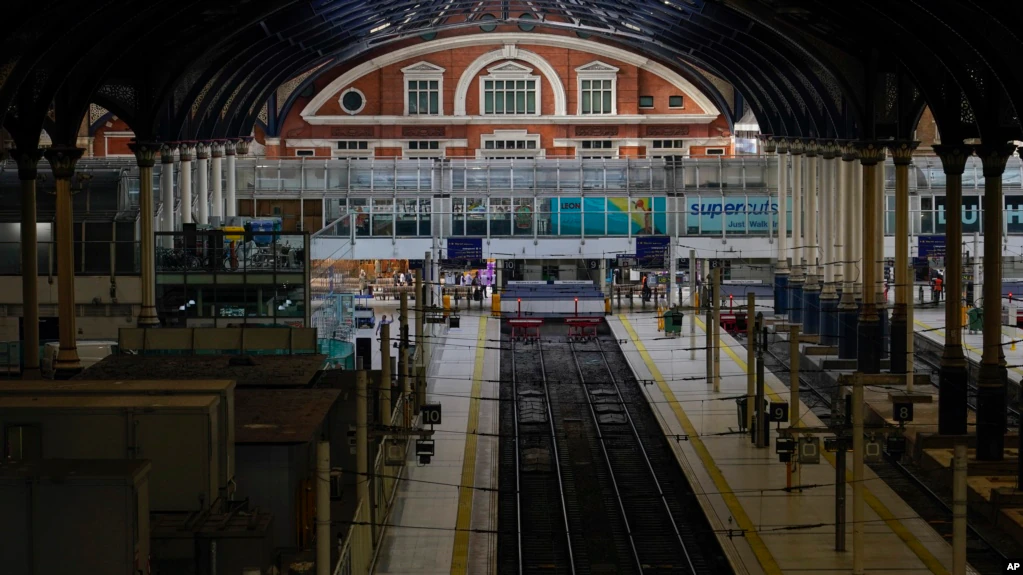Britain’s inflation rate reached 9.1 per cent in May, a record level in the last four decades. The Office for National Statistics said Wednesday that consumer price inflation rose again in May, the highest level since 1982.
Economist Grant Fitzner said that “the steady rise in food prices and record high fuel prices were offset by clothing costs that rose less than in the same period last year.”
The increase was in line with analysts’ expectations and signals that there is no rapid end to the rising cost of living that millions of people in Britain face. The Bank of England says inflation could reach 11 per cent in October when the domestic energy bill is lifted.
Millions of people in Britain, like those across Europe, are facing rising living costs, driven in part by Russia’s war in Ukraine, which is cutting back on energy supplies and food products such as wheat.
Pressure is pushing workers to demand significant wage increases, a move the Conservative government argues could lead to even higher inflation.
Thousands of railway workers went on strike on Tuesday demanding an increase in wages, while the country’s airports have been paralyzed for more than a month due to staff shortages.
Under pressure to do more to help British families, who are facing the worst economic shock in decades, Prime Minister Boris Johnson said the strike would hurt businesses as they continue to recover from the pandemic.








